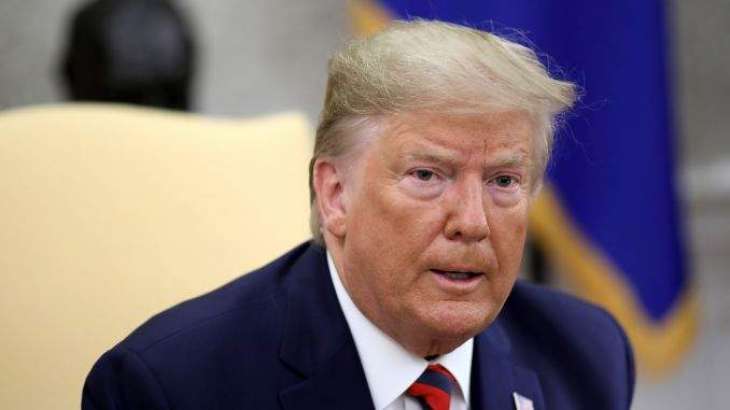Darryn Frost, a UK civil servant and one of several people who fought back against the 2019 London Bridge terrorist, in an interview with the Guardian on Friday, accused US President Donald Trump of feeding terror and creating a new generation of terrorists with his hostile Middle East policy
MOSCOW (Pakistan Point News / Sputnik - 10th January, 2020) Darryn Frost, a UK civil servant and one of several people who fought back against the 2019 London Bridge terrorist, in an interview with the Guardian on Friday, accused US President Donald Trump of feeding terror and creating a new generation of terrorists with his hostile middle East policy.
On November 29, Usman Khan, a participant in a conference on offender rehabilitation, went on stabbing rampage at Fishmongers' Hall, located at London Bridge's north end, until a few people stood up to him, including Frost who tackled him with a narwhal tusk despite Khan's false claims of having a bomb. They made Khan flee to the bridge where he was gunned down by the police. Still, the attacker managed to stab five people, two of whom, Jack Merritt and Saskia Jones, died in the incident. According to Frost, their deaths made him eager to combat hatred and intolerance.
"What feeds terror is actions like this where people in power act as judge, jury and executioner across borders and jurisdictions. Who is Trump that he can have this sort of impact across all our lives? Khan may have come from this country so people may not understand why he was extreme. The people who influenced him are likely to be the people who have lost loved ones because of our actions abroad," Frost said in the interview.
Frost went on by speaking about the recent killing of Qasem Soleimani, the commander of Iran's elite Quds Force, by a US strike authorized by Trump in Baghdad.
"The next generation of terrorists will rise as a direct result of these actions and we must condemn them now," Frost said.
The civil servant also suggested that the US' decision to assassinate Soleimani outside a state of war was wrong and would cause a backlash.
The United States conducted the strike that killed Soleimani on January 3. Five days later, Iran fired ballistic missiles on two military bases that house US service members in Iraq in response to the killing of the military commander. Trump subsequently said that the US forces suffered no casualties in the attack.




